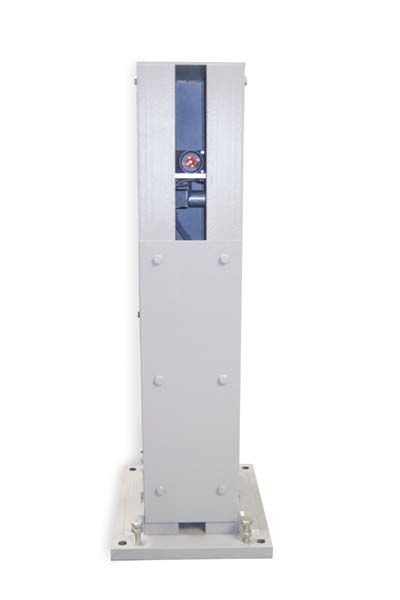BSI Laser Length Measuring System
BSI Laser Length Measuring System
Behringer Saws has introduced a laser-based measuring system for use on the company's full range of sawing and turnkey pre- and post-cut material handling productivity-enhancing products.

Behringer Saws has introduced a laser-based measuring system for use on the company's full range of sawing and turnkey pre- and post-cut material handling productivity-enhancing products. The new BSI Laser Length Measuring System helps customers save time and eliminate waste by confirming material dimensions to maximize material usage for more accurate and consistent cuts. Designed for use on Behringer sawing systems which have handling components to move materials into the work area, the BSI Laser Length Measuring System utilizes laser technology to first verify the length of the material to be processed. The mounted laser unit automatically detects the material and sends overall dimensions to an easy-to-read control panel. The operator can then move the material with powered roller conveyors to the correct length for cut off. Once in the correct position, the operator makes the cut and starts the cycle again. The BSI Laser Length Measuring System provides accurate measurements for confirmation of material size and increased throughput of finished goods. Once reset to zero, the readout on the operator's control will measure the length of the part being moved forward toward the laser via powered roller conveyors or some other type of conveyance system. When the part is at the correct length the operator now can close the vise system and begin the operation. The highly accurate laser system eliminates time-consuming manual measuring which often leads to deviations in production runs and wasted materials due to human error.





